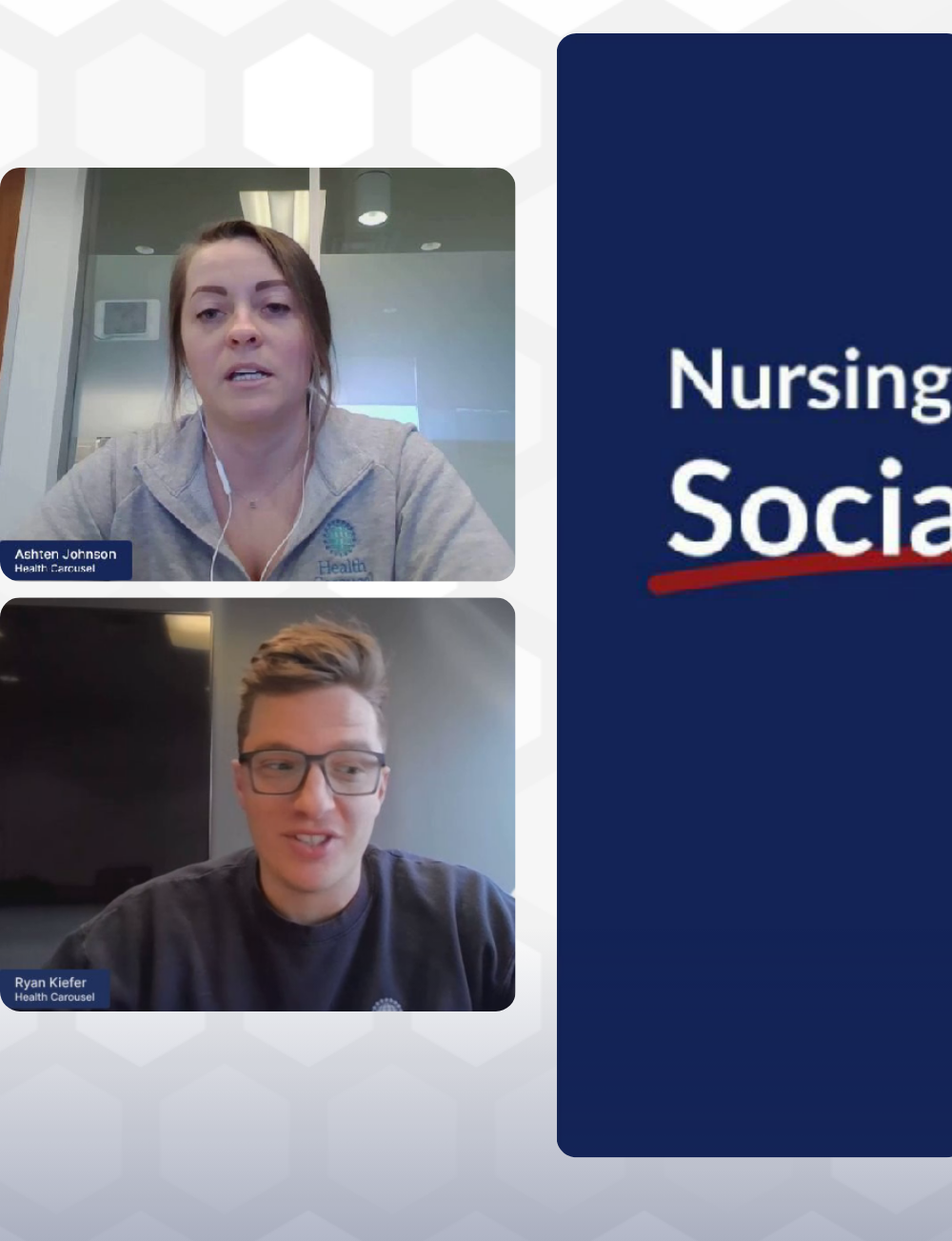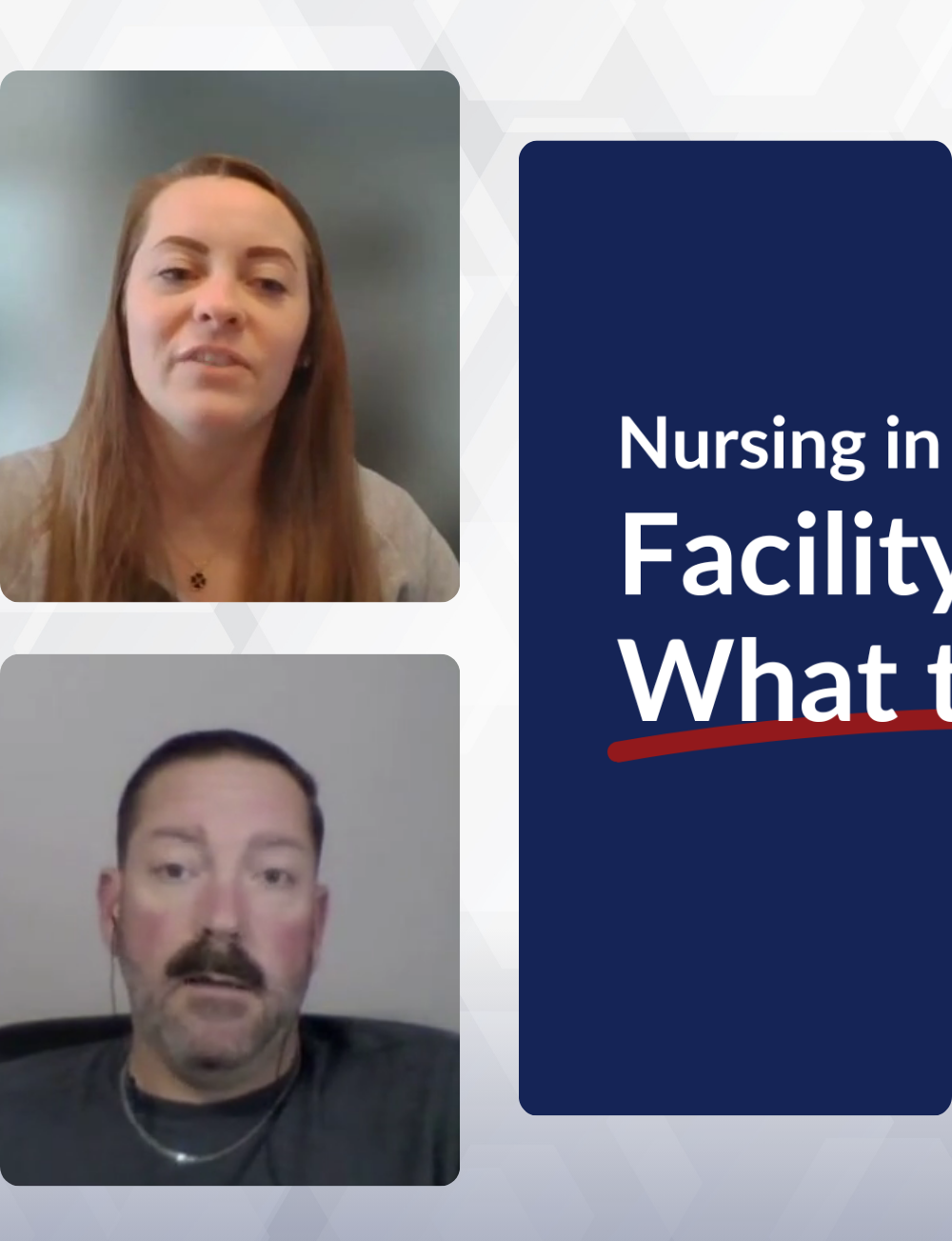RN Specialties: Medsurg

The Resource Center content, including all videos and other media, is for informational purposes only. You should not construe any such information or other material as legal, tax, investment, financial or other advice. The advice and information contained in the Resource Center is not a substitute for advice from a professional who is aware of the facts and circumstances of your individual situation
Summary
This video provides clinical training on medical-surgical (medsurg) nursing, emphasizing the diverse roles of medsurg nurses. Covering various responsibilities, skills, and certifications, the presentation highlights the multifaceted nature of medsurg nursing, from managing patient care to acquiring specialized certifications such as ACLS and oncology certification.
Transcript
Welcome to clinical training on Medsurg nursing. Let's get started.
Medsurg nurses have many responsibilities, and in many ways, they're the orchestra conductor, the movie producer, and the air traffic controllers of hospital units.
Medsurg nursing is the single largest nursing specialty in the United States.
The focus is on hospital units who care for adult patients who are acutely ill with a wide variety of medical problems and diseases and/or who are recovering from surgery.
With lots of responsibilities, this gives medsurg nurses the skill of juggling. And by juggling, I mean juggling the care for several patients each shift.
They have to give scheduled and PRN medications.
They have to assist doctors with procedures.
They have to educate families and educate patients.
They have to discharge patients and then admit new patients, bed for bed.
They round with interdisciplinary teams, like working alongside pharmacists and physical therapists and dietitians.
Here are some notable skills for a medsurg nurse.
Charge nurse experience.
Comfortable with trach care.
The ability to safely care for central lines and removal of peripheral IVs and PICC lines.
Wound VAC application and maintenance.
The ability to care for patients with feeding tubes.
Monitoring care for patients with chest tubes and change atrium.
Comfortable caring for various conditions such as strokes, seizures, fractures, and joint replacements.
Post-op care for various surgical patients such as gynecological, bowel resections, and whipple.
Let's talk certifications.
Required certs, as always, is the BLS from the American Heart Association.
Now recommended certifications would be an ACLS, NIH, certs from the American Nurses Credentialing Center, certified medical surgical RN, oncology certification, hospice certification.
These are all great things to have on addition to a BLS.
That concludes the med surg e learning video. Thanks for watching.
Related Resources
Keep Exploring More Resources
Looking for more guidance? Browse our full collection of resources to support you throughout your journey.
.webp)






.webp)